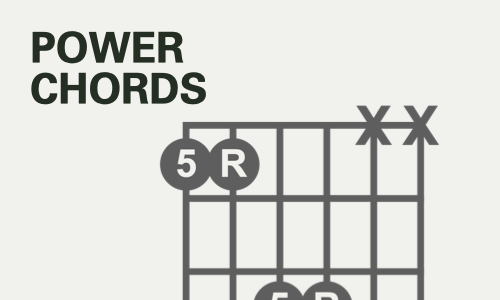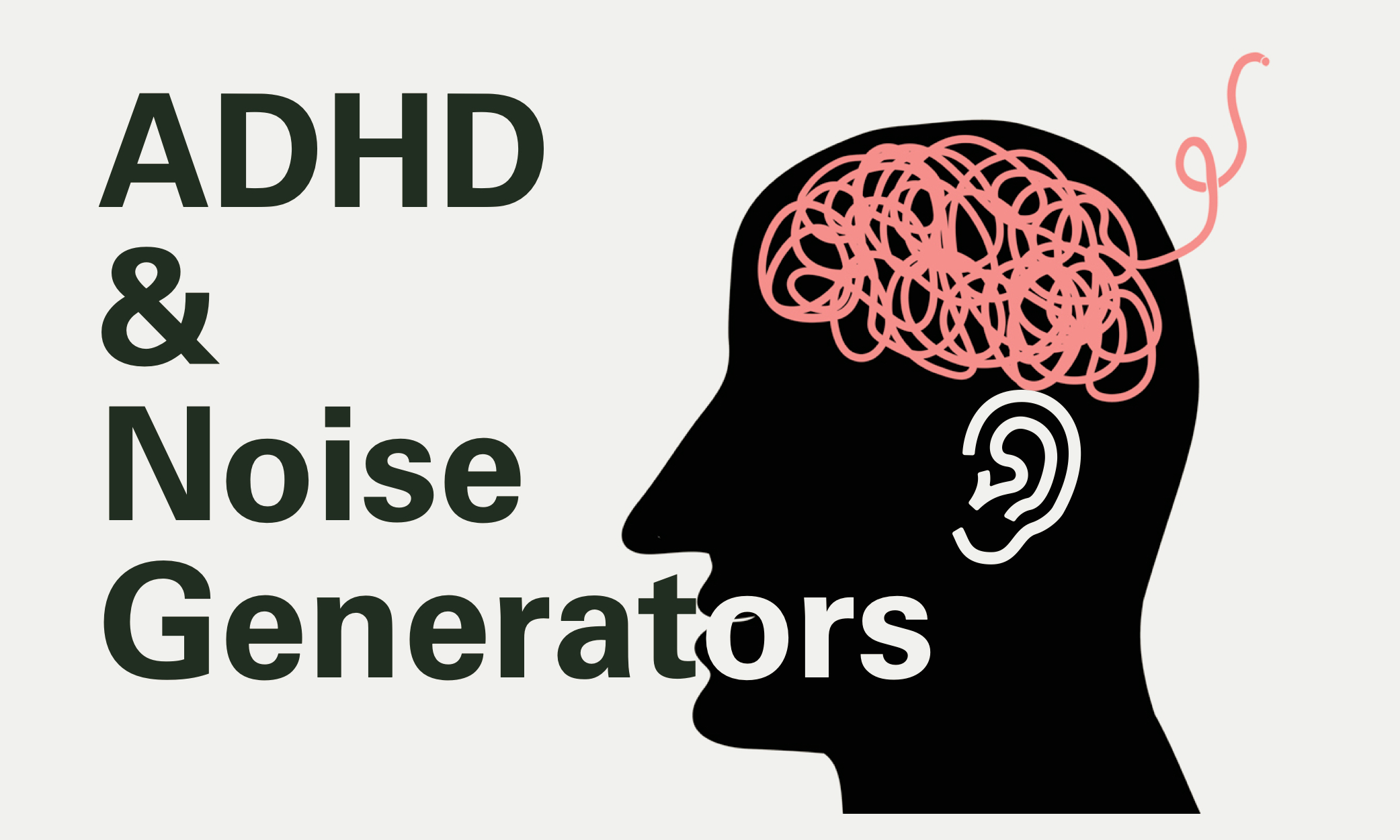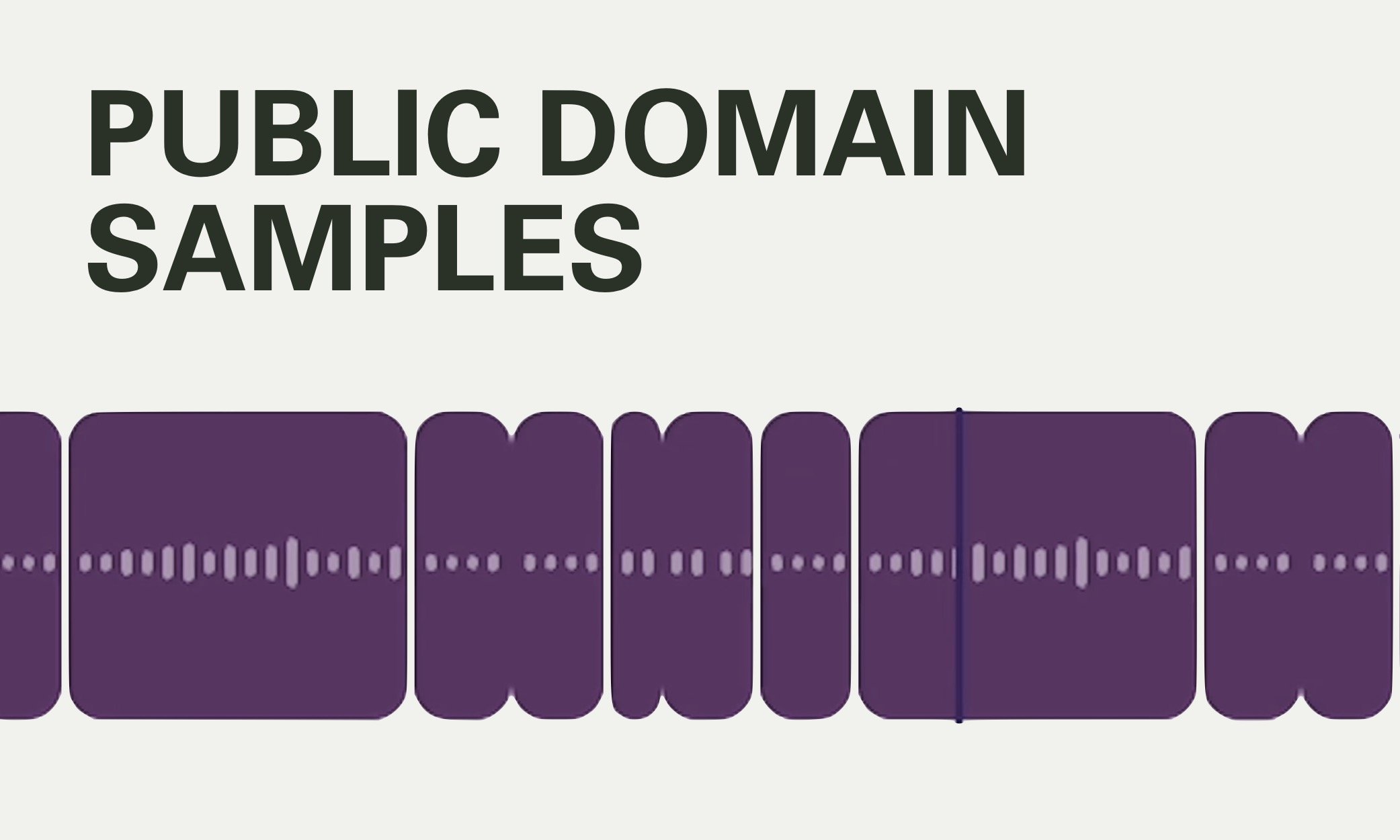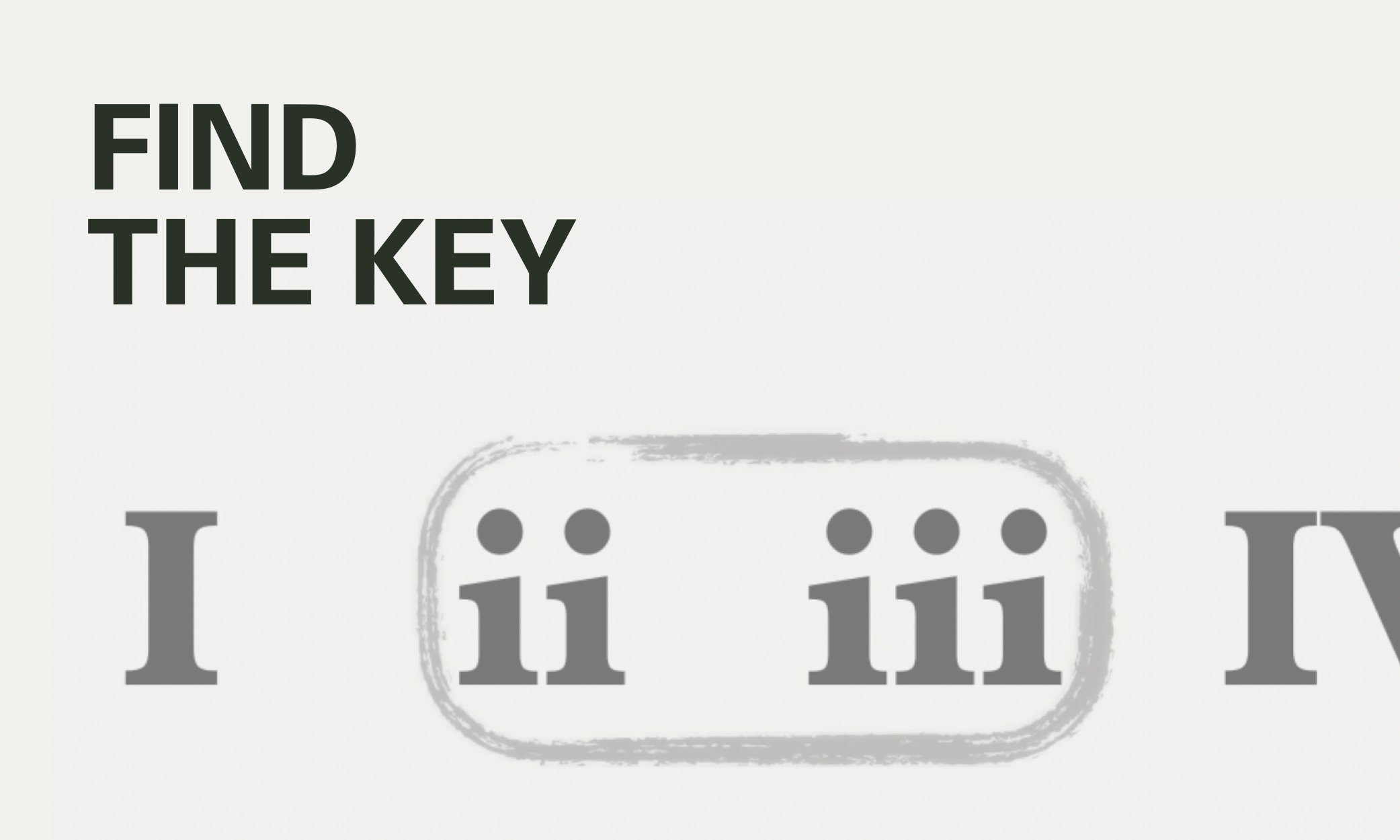Guitar Basics
Set yourself up for success by developing good practice habits and using strategies to be aware of your mind, body, and the music.
Rhythm Guitar: Open Position Chords
Open position chords or Cowboy Chords are one of the most common tools that guitarists use. The shapes can be played with different picking and strumming patterns to create various textures which work for every style of music.
Rhythm Guitar: Notes On The E And A Strings
Being able to identify the letter names of the notes on the E and A strings is an important part of rhythm guitar playing. It makes it easy to apply moveable chord shapes and scale patterns to be able to play songs in any key.
Guitar: The Blues
The Blues has been the greatest force in the direction of popular music for the last 100+ years. The way in which guitar is played in a band with solos, rhythm playing, and lyrical inflection (bending, sliding, hammer ons and pull offs) all come from the blues. Studying the blues is one of the most important things that a player of any level can do.
Rhythm Guitar: Power Chords
Power chords are used in almost every genre and learning them is great way to start using movable chord shapes. Learn how to use the power of the two note chord that has defined rhythm guitar for the last 60 years.
The lead sheet page is a collection of Noteflight scores with chord changes to songs that have been audio sync’d to the original recordings. These charts are great for students who want to play along to great songs by themselves or in a group.
Having a string break in a guitar classroom can bring instruction to a halt. Learn how to quickly change strings on the guitar to keep the flow of your lessons.
Everything played in a guitar class is going to sound better if all students are in tune with each other. Teach students how to manage their instrument’s tuning
Dive into the details of creating an environment where teachers actively engage and empower students to progress independently. Explore key strategies, such as getting to know your students, defining clear expectations, fostering metacognition in practice, valuing the process over the product, and much more.
Teach students how to be part of the maintenance of the hardware and software of music tech classroom.
Unlock your choir’s musical creativity with Rewire Choir's innovative ear training method! Learn harmony through solfege and pop arranging, empowering students to create their own a cappella arrangements without traditional notation.
Verse/chorus song structure is used in most styles of music; from dance to grunge, metal and beyond. The repetitious nature of this form with its shift between the familiar and unfamiliar is successful with most listening populations. Songs using the verse/chorus pop form is something that every musician and producer will encounter.
Melodies are repeated and developed in instrumental electronic dance music (EDM) to compliment the driving nature of the drums and bass. While melodic development is used in EDM, it can also be used in the composition of any genre of music.
Set yourself up for success by developing good practice habits and using strategies to be aware of your mind, body, and the music.
Open position chords or Cowboy Chords are one of the most common tools that guitarists use. The shapes can be played with different picking and strumming patterns to create various textures which work for every style of music.
A chord progression is the sequence of chords in a song or song section. Knowing how chord progressions work within a key makes it easier to write original music and to play/memorize the chords from other songs.
Help students with ADHD focus during individual practice and assignment completion tasks with the background noise generator in iOS.
Being able to identify the letter names of the notes on the E and A strings is an important part of rhythm guitar playing. It makes it easy to apply moveable chord shapes and scale patterns to be able to play songs in any key.
Noteflight has a feature that allows teachers to sync a score to the audio from a Youtube video. This is an excellent tool for group transcription.
Give your students group jamming opportunities by creating a silent electronic ensemble. Use multiple MIDI keyboards and a couple of headphone splitters with a single Chromebook or computer and let the jam begin!
Sampling (the use of pre-recorded sounds) is one of the most prevalent techniques in modern music production. Samples are used live and in the studio by artists in most genres and sample based production is something that a producer should have in their tool box.
Keep your cables from getting tangled and knotted by wrapping them using the over under technique. Use this method on all of your cables to keep them neat and in good working condition.
The Blues has been the greatest force in the direction of popular music for the last 100+ years. The way in which guitar is played in a band with solos, rhythm playing, and lyrical inflection (bending, sliding, hammer ons and pull offs) all come from the blues. Studying the blues is one of the most important things that a player of any level can do.
Power chords are used in almost every genre and learning them is great way to start using movable chord shapes. Learn how to use the power of the two note chord that has defined rhythm guitar for the last 60 years.
There are tips and tricks to working in the piano roll that every producer should know. There is a full length video that breaks down the process of editing a project in Soundtrap, as well as a project template to try it yourself.
In order to translate chords from their letter names to Roman numerals, you must first find the key in which they came from. Understanding the diatonic chords in a major scale helps make this translation efficient and effective. Learn 2 methods of translation.
Sixteenth note triplet subdivision divides the beat into six equal parts. The counts are named according to their position within the beat. Practice counting and connecting with the beat, and see how this subdivision is applied in a drum groove.
Learning a song by ear an essential skill for a contemporary musician. Here is an outline for a method on teaching songs by ear as a classroom activity.
Harmonic rhythm is the rate that chords change in a progression. It helps differentiate parts of a song and can create excitement with basic chords. Learn different ways to change harmonic rhythm.

























